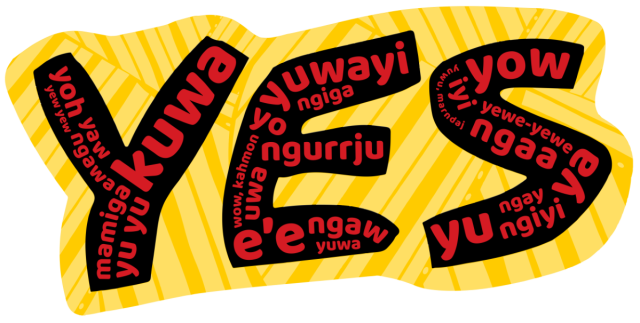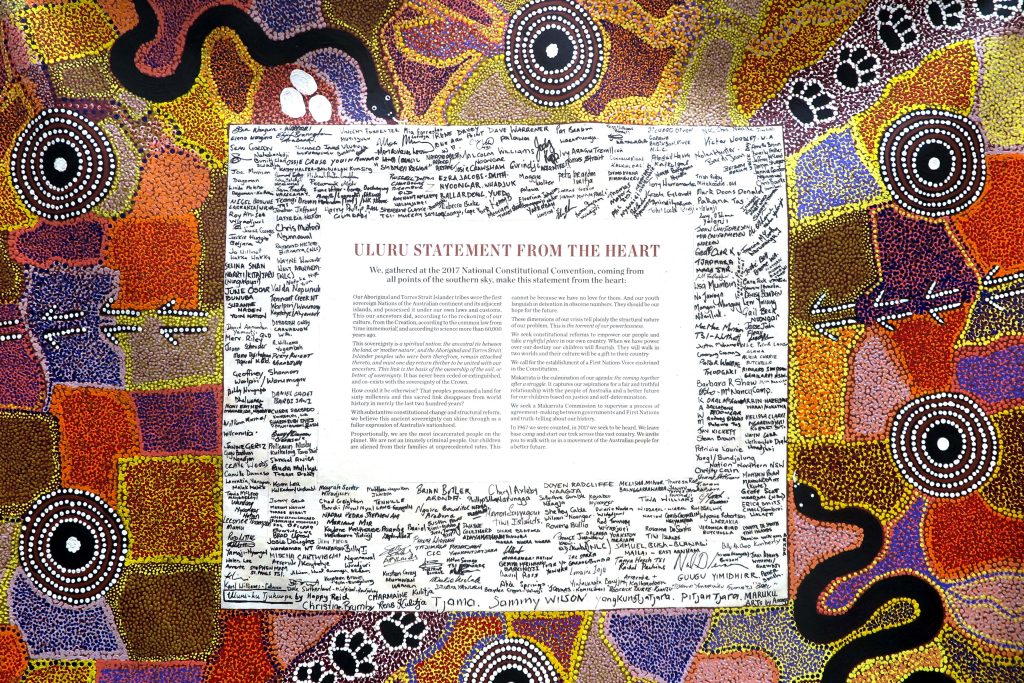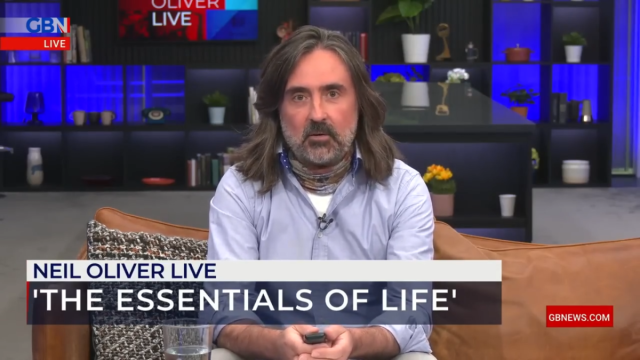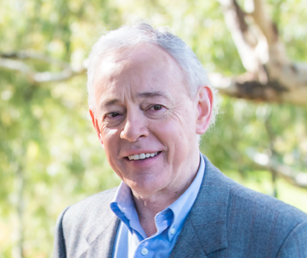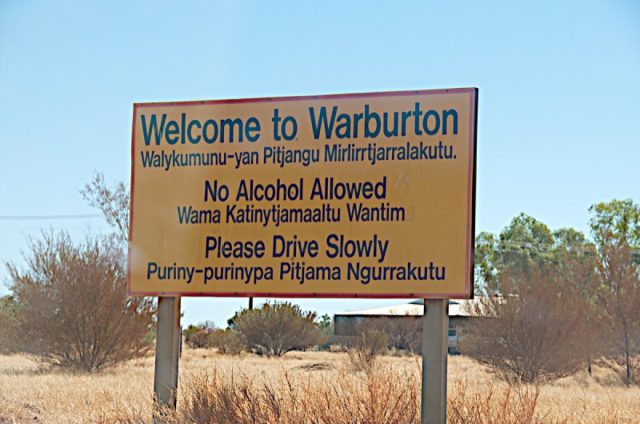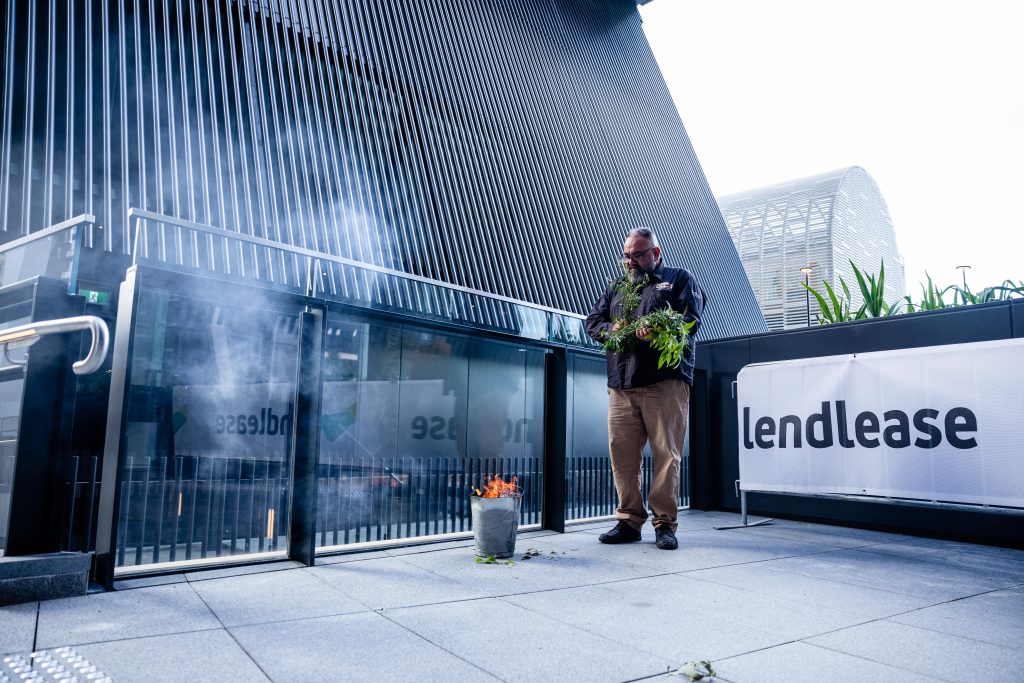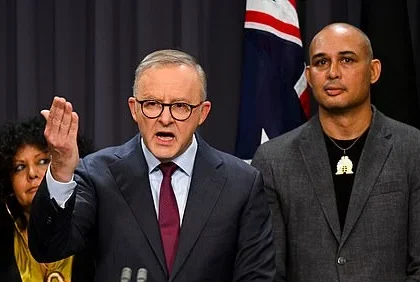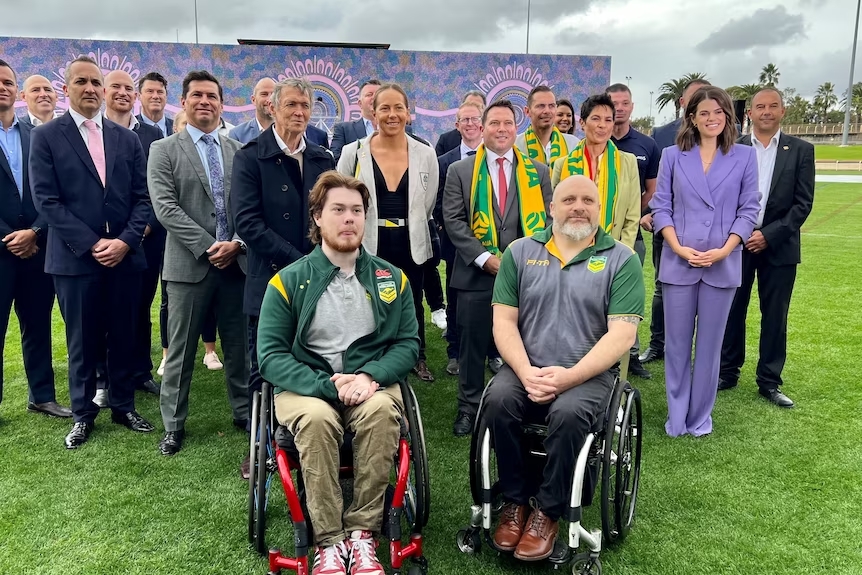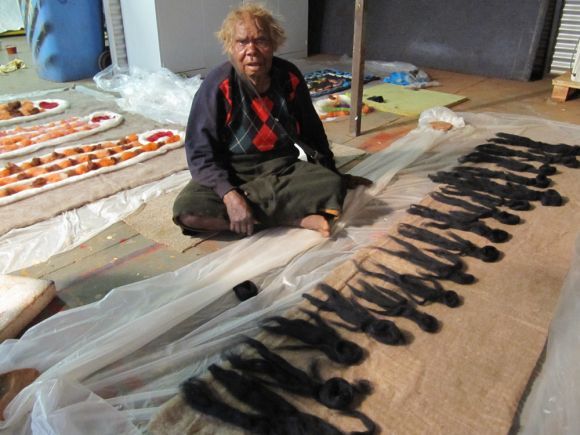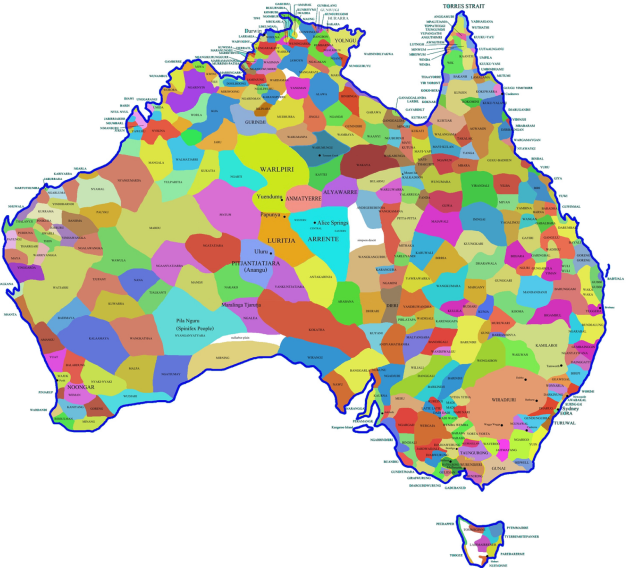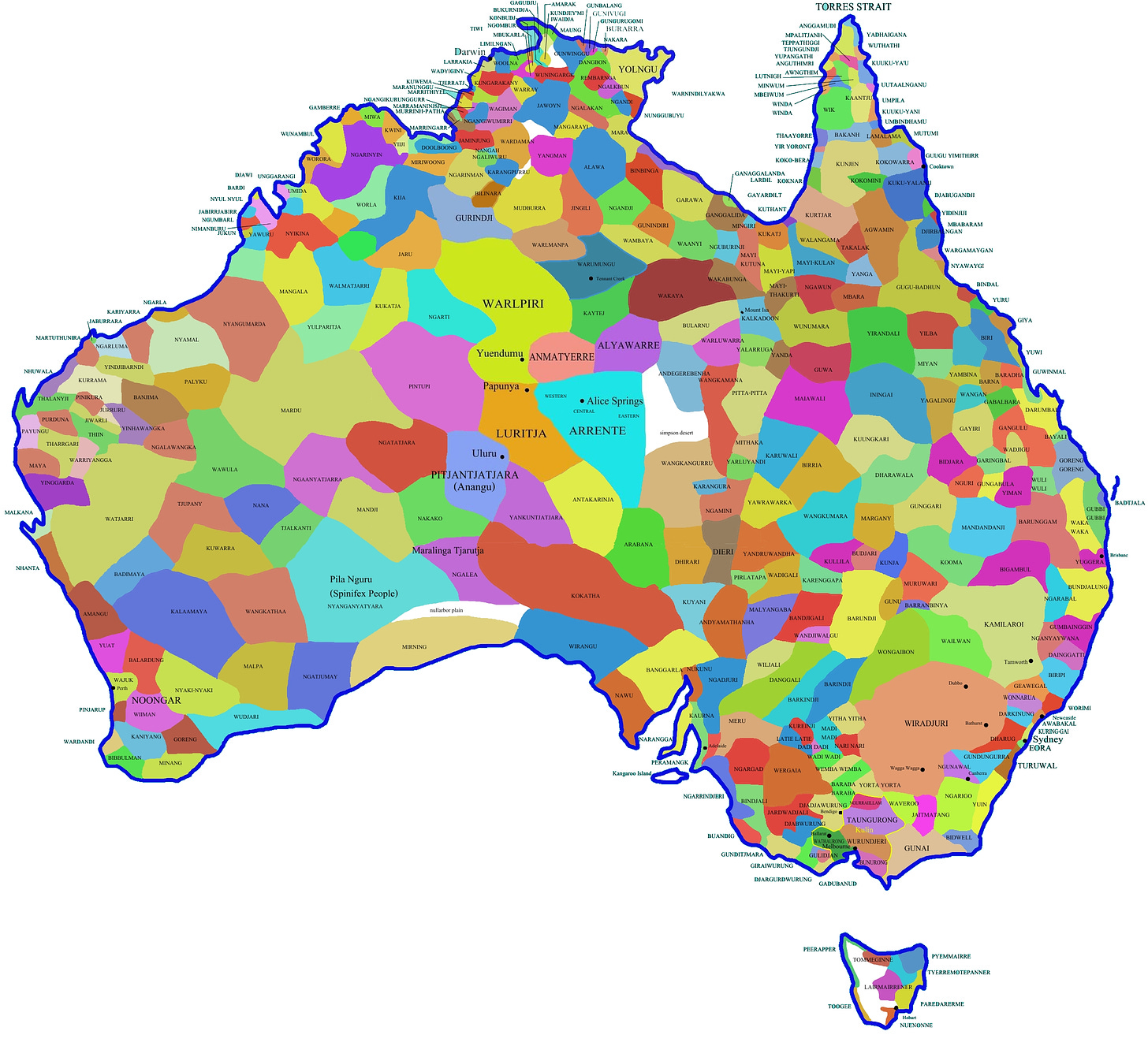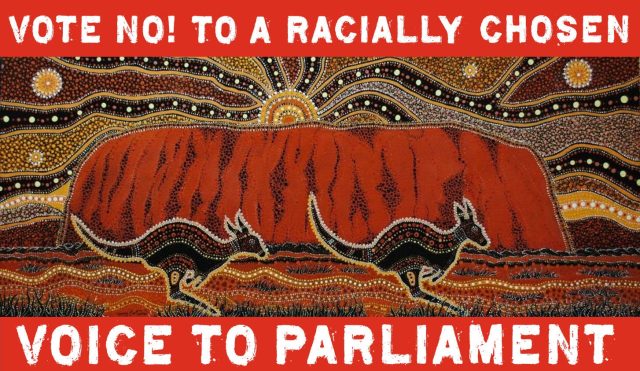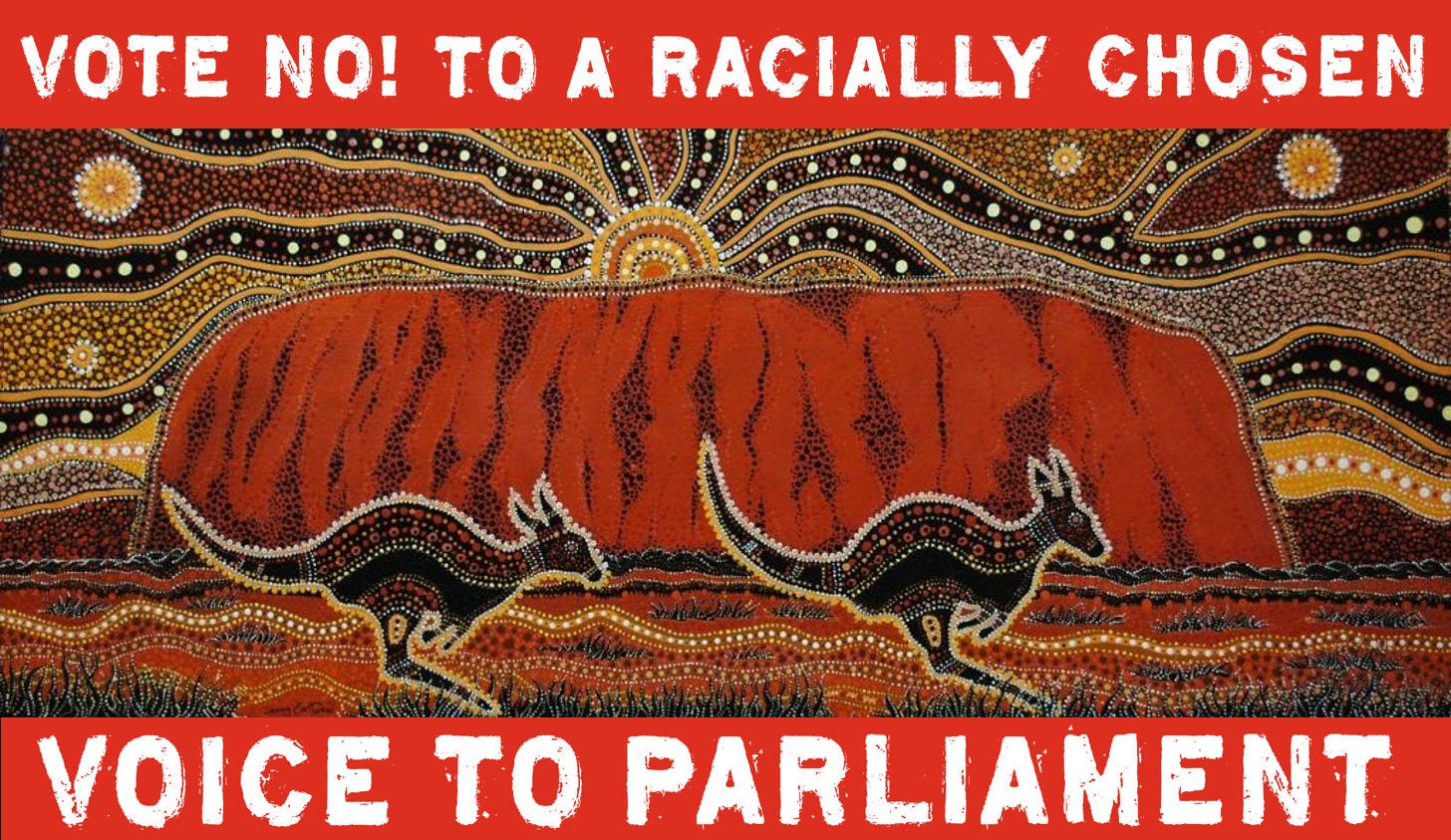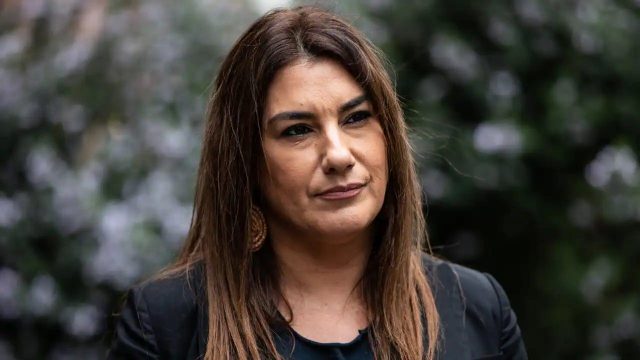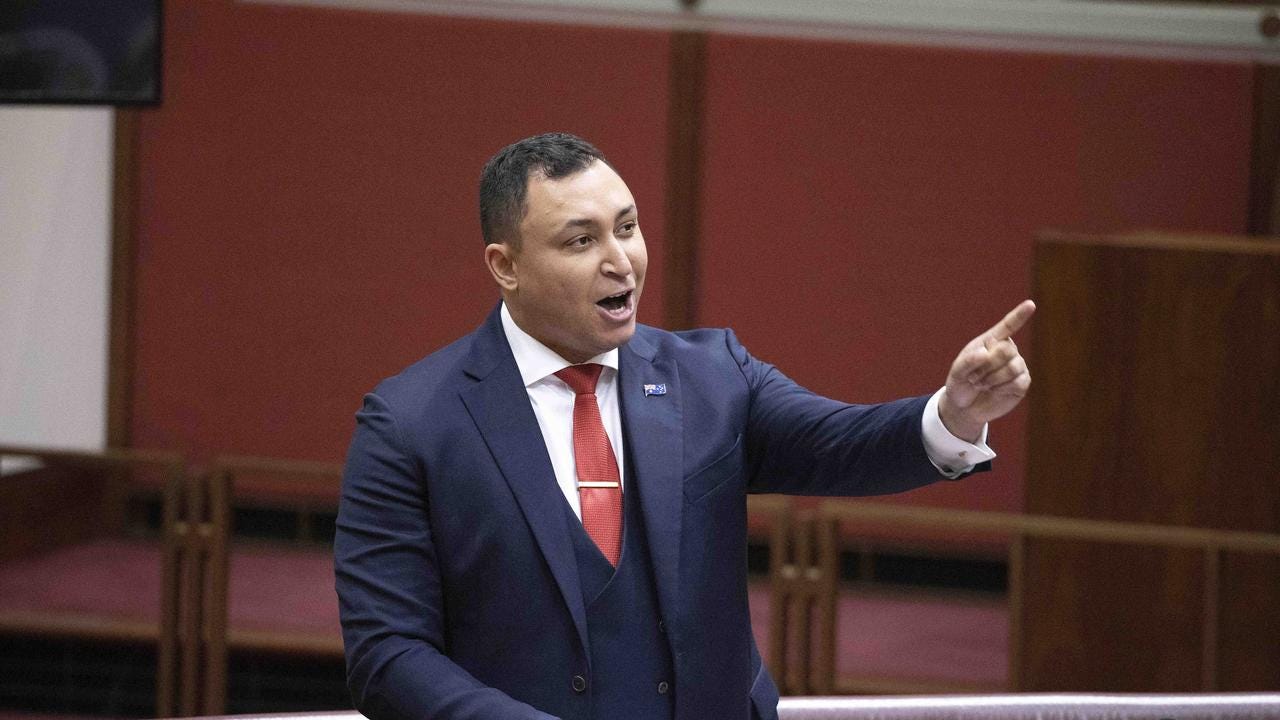5 Dangerous Blind-Spots In ‘Yes’ Arguments (Part 1)
“Where there is much desire to learn,
there of necessity will be much arguing, much writing, many opinions;
for opinion in good men is but knowledge in the making.“
John Milton
Libertarians believe in free speech.
We do not have to agree with the arguments we hear.
I therefore defend the publication of former Senator Duncan Spender’s debut article It’s Not Our Fight Vote Yes, and I welcome him to the publication.
If you haven’t read his piece, you should before reading this response.
I’ve read and reread his article. I’ve endeavoured to be as open-minded as possible, but he hasn’t convinced me.
I am firmly in the ‘No’ camp and stand by my 14 Reasons To Vote No In The Voice To Parliament Referendum.
In this piece and two others, I’m going to do my best to expose five blind-spots in his arguments.
Today, the big one.
BLIND-SPOT #1: SYSTEMIC RACISM
One thing I’ll say in favour of the former Senator’s arguments is that, as a Yes camp advocate, at least he doesn’t slip into the ‘you’re a racist’ slander. Name-calling is never a winning formula when the burden to convince is on your shoulders.
In fact, he concludes with an undeniable ‘indifference’ – his word. We are offered a kind of reluctant accommodation for race-based activism. For precision, I’ll use his words:
“While there remains a constitutional power to make laws about race, and while we only specifically legislate about the Aboriginal race, it is reasonable for there to be an explicit constitutional provision about an Aboriginal body making representations to the Parliament and Government.”
If it has a racial-entry criteria and is being put into our system, it is systemic racism by definition.
I’m a simple fig farmer from the Adelaide Hills. But I’m left feeling empty at this meatless argument. More nourishing would have been ‘systemic racism is wrong’ and ‘race-based admission criteria to a constitutionally-empowered body is dangerous’.
Knowing my limitations, I checked with leading libertarian minds. I’m reminded of the great Thomas Sowell who wrote:
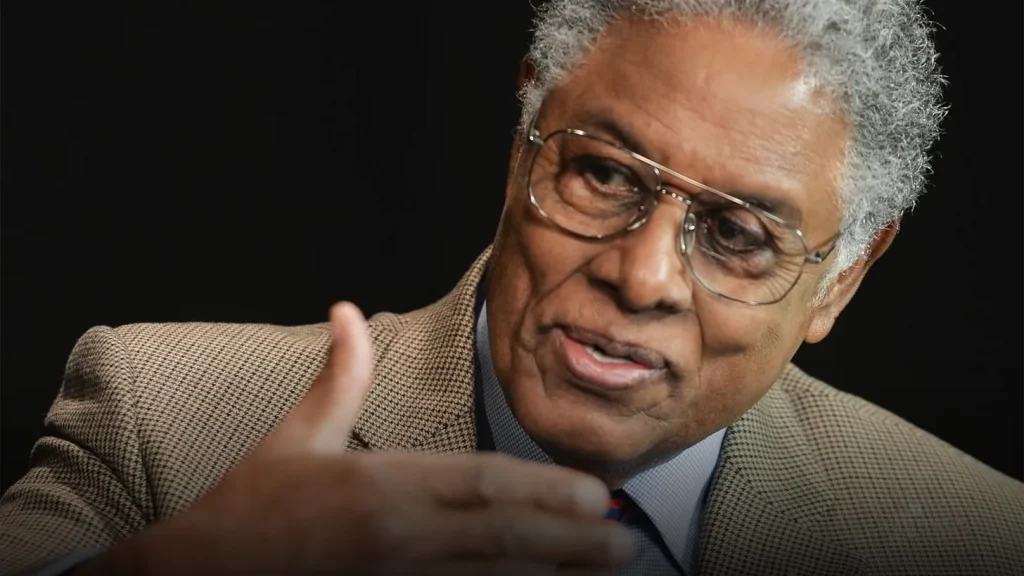
“Racism does not have a good track record. It’s been tried out for a long time and you’d think by now we’d want to put an end to it instead of putting it under new management.”
Is it just me or does the prospect of systemic racism under the new management of the Voice’s architects fill us with dread? At the risk of being accused again of ad hominem, these people are animated by collectivist values, whether race-based or communist. And I am no collectivist.
Racism is the lowest, most crudely primitive form of collectivism.
A properly-centred libertarian cannot simply rationalise the Voice as something to accommodate because we have a Race Power. We must say No, and fight to remove the Race Power at the very next opportunity.
The former Senator either agrees the Voice is a race-based project or not. As I see it, it self-evidently is. If it has a racial-entry criteria and is being put into our system, it is systemic racism by definition. The burden of proof sits with the Yes camp to demonstrate why systemic racism is desirable.
It is philosophically unmoored to say “this is not a libertarian issue.” Murray Rothbard, no less, wrote:

“Racism is a particularly odious form of collectivism whereby an individual is presumed to possess certain characteristics and moral attributes, or defects, solely because he is a member of a particular race or ethnic group.”
Should we Australian libertarians in 2023 limply concede systemic racism because it is “prudent and gracious”. Or should we listen to Ayn Rand:
“Racism is the lowest, most crudely primitive form of collectivism. It is the notion of ascribing moral, social, or political significance to a man’s genetic lineage—the notion that a man’s intellectual and characterological traits are produced and transmitted by his internal body chemistry. Which means, in practice, that a man is to be judged, not by his own character and actions, but by the characters and actions of a collective of ancestors.”
Tomorrow, I’ll cover Duncan’s two leading arguments and their defects as I see them, being:
Until then, I’d love to see your thoughts to this piece in the comments section below.
An entrepreneur who has employed 1,470+ people, Kenelm was admitted to the BRW Fast 100 three times with businesses in Australia, NZ, Singapore and New York, where he lived for 12 years. Kenelm’s investment firm performs mid-market leveraged roll-ups. He was a regular columnist for the Australian Financial Review. Kenelm is the Founder of Liberty Itch.







